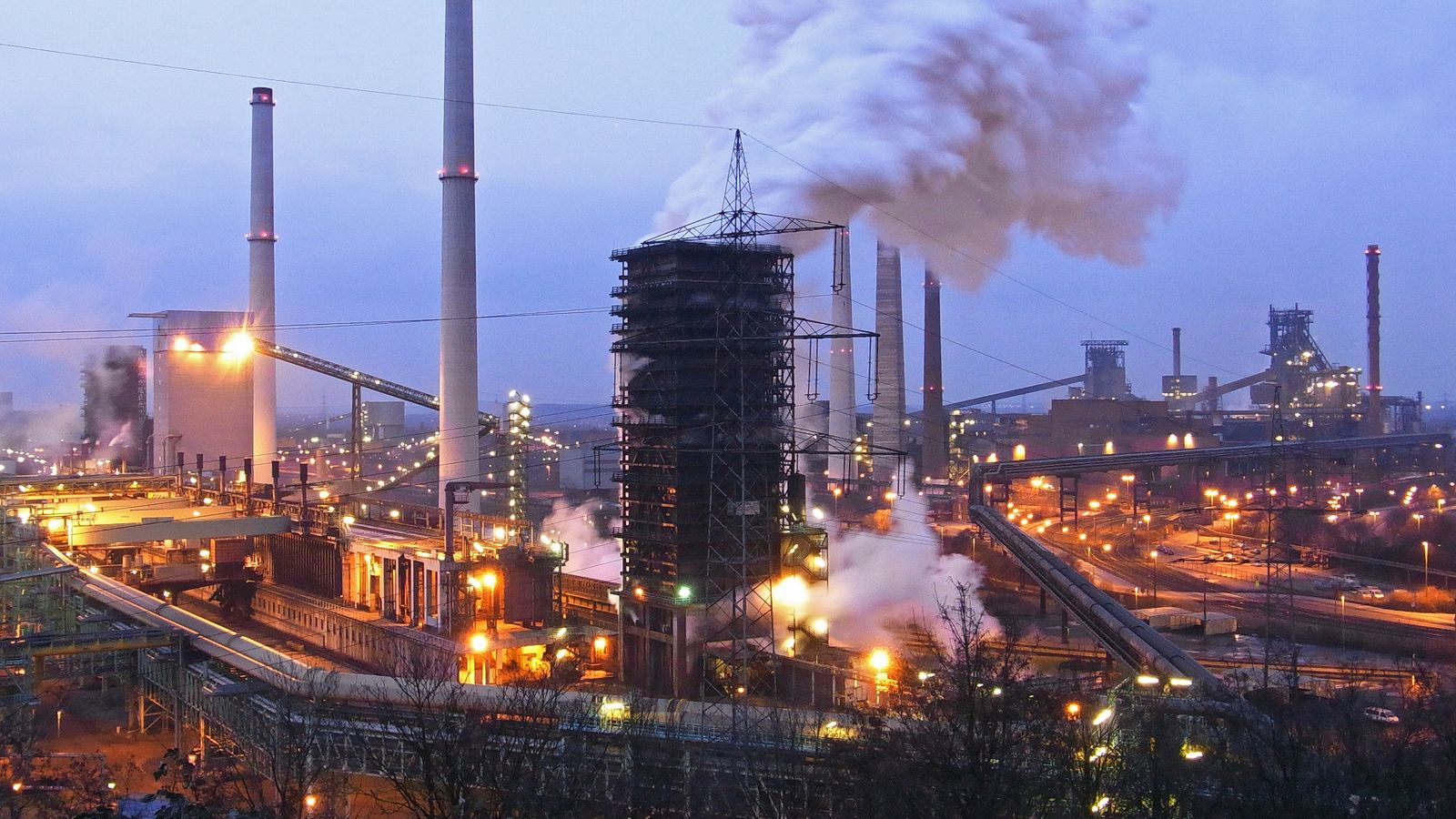Industrial conglomerate ThyssenKrupp to be broken up
ThyssenKrupp's Bold Move: Restructuring for Profit

ThyssenKrupp, a leading global steelmaker, has announced a significant shift in its corporate strategy, aiming to transform itself into a holding company. This restructuring plan involves making its five divisions independent and appealing to third-party investors. While shareholders have responded positively, the move raises concerns about potential job losses for the company’s approximately 96,000 employees as the divisions undergo major restructuring to enhance profitability.
Restructuring Plan Sparks Controversy
ThyssenKrupp’s decision to reorganize into a holding company marks a pivotal moment for the corporation, which currently operates five divisions: Steel, Automotive Supply, Materials Trading, Naval Ships, and Green Technologies. The company aims to divest its operational responsibilities, allowing each division to operate independently and attract external investment. This strategy has already led to a surge in share prices, with an increase of nearly 9 percent following the announcement.
However, the restructuring comes with significant implications for the workforce. To make the divisions attractive to investors, ThyssenKrupp plans to implement extensive changes that could lead to job cuts. Reports indicate that the steel division alone may see 11,000 of its 27,000 employees laid off over the next five years. The IG Metall union, which represents many ThyssenKrupp workers, has expressed concerns about the lack of transparency and the potential impact on jobs. Despite their calls for involvement in the restructuring process, the union has a history of agreeing to job reductions and plant closures.
Union leaders, including Tekin Nasikkol, chairman of the Group Works Council, have urged the executive board to approach the workforce with greater sensitivity. They have indicated a willingness to support the strategic realignment, provided there are guidelines to secure long-term job prospects. However, skepticism remains about the union’s ability to protect workers’ interests, given its past actions during similar restructuring efforts.
Future of ThyssenKrupp’s Divisions Uncertain
The future of ThyssenKrupp’s divisions hangs in the balance as the company navigates this complex restructuring. The steel division faces significant challenges, with the potential closure of plants and a reduction in workforce. The Krupp Mannesmann steelworks, which employs 3,000 people, is particularly vulnerable, as ThyssenKrupp seeks to sell its stake in the facility. Meanwhile, the automotive supply division is also under scrutiny, with a hiring freeze and cost-cutting measures already in place.
Thyssenkrupp Marine Systems and Ulstein team up to pursue Norwegian frigate
In addition to the immediate job concerns, the long-term viability of steel production remains uncertain. ThyssenKrupp has received substantial government subsidies to develop a hydrogen-powered blast furnace for environmentally friendly steel production, but it is unclear how these plans will be affected by the ongoing restructuring. The company is also exploring the possibility of floating its materials trading division on the stock exchange, despite concerns about its profitability.
As ThyssenKrupp moves forward with its ambitious restructuring plan, the implications for employees and the broader industry will continue to unfold. The company’s ability to balance shareholder interests with workforce stability will be critical in the coming months as it seeks to redefine its corporate identity and secure its future in a competitive market.
